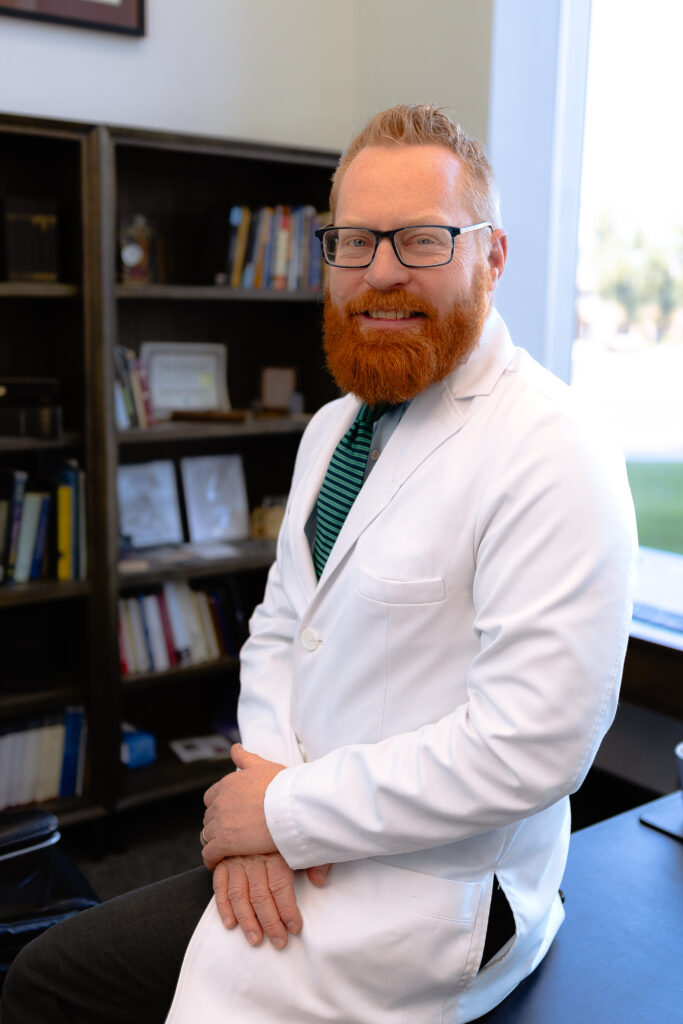In Many Hospitals a Nonscientific Assessment of Fetal ‘Viability’ is Used to Withhold Critical Care
In many hospitals and medical facilities today, a nonscientific assessment of fetal “viability” is used to withhold critical care. There are hospitals and practitioners across the country who lack the basic willingness to intervene with lifesaving medical technology to help extremely preterm newborns and those diagnosed with disabilities. The grounds for this lack of intervention are not medical or scientific in nature.
Instead, they are rooted in the pervasive cultural view that fails to recognize the inherent dignity of these children or that they deserve the effort and resources it takes to treat them. In these cases, determinations about “viability” and recommended treatment options are based more on this discriminatory view of vulnerable patients than the medical research indicating intervention is appropriate.
Neonatal Viability has Undergone a Profound Transformation
Over the past 70 years, neonatal viability has undergone a profound transformation, marked by increasingly earlier ages of survivability. All of this is thanks to the incredible advancements in pre- and post-natal care.
Read the rest of the full article from Dr. Oertle originally posted in the National Review here

Dr. John Oertle, NMD is Chief Medical Officer of Solidarity HealthShare, a healthcare sharing ministry guided by the moral teachings of the Catholic Church that negotiates directly with providers to ensure delivery of high-quality and affordable, life-affirming healthcare for the more than 46,000 Members it has served since 2016.


